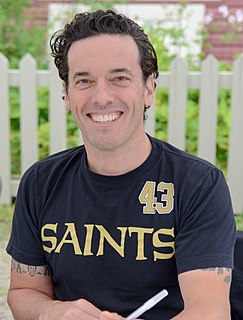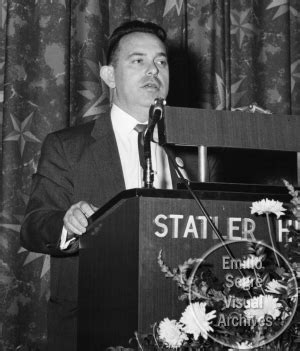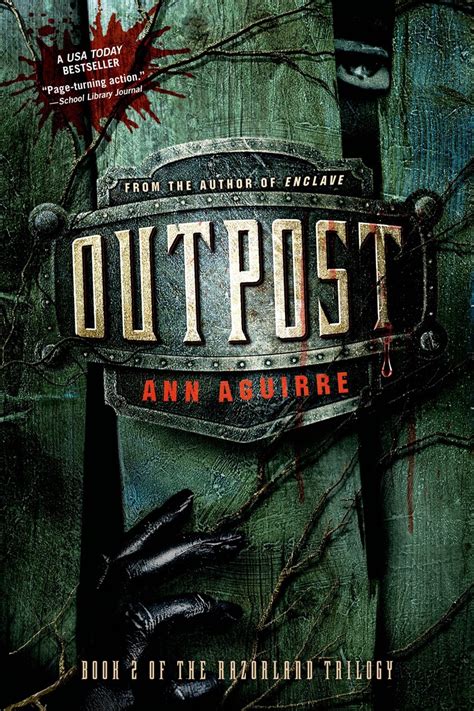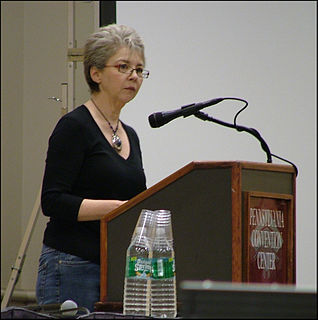A Quote by Joseph Boyden
From a craft standpoint, telling a story in the first-person present tense over the course of 500 pages is a daunting challenge.
Quote Topics
Related Quotes
Try to find the real tense of the report you are reading: Was it done, is it being done, or is something to be done? Reports are now written in four tenses: past tense, present tense, future tense, and pretense. Watch for novel uses of CONGRAM (CONtractor GRAMmer), defined by the past imperfect, the present insufficient, and the future absolutely perfect.
During my last year of college I wrote the same ten pages over and over again. Those ten pages became the first few pages of my first novel. I can still recite the opening paragraph from memory - only now I cringe when I do it because they are - surprise! - a classic example of overwriting, in addition to being a more than a little pretentious.
For children, childhood is timeless. It is always the present. Everything is in the present tense. Of course, they have memories. Of course, time shifts a little for them and Christmas comes round in the end. But they don't feel it. Today is what they feel, and when they say 'When I grow up,' there is always an edge of disbelief - how could they ever be other than what they are?
Don't get me wrong, Carter Smith is an insanely talented photographer, but as a director he approached it more from a story standpoint. He definitely had an interest in communicating the text and the characters first, and he allowed his cinematographer Darren Lew to really find the visuals - of course, he worked with him throughout the entire Jamie Marks Is Dead movie, it was a collaborative effort. While the movie is very visually beautiful, in my opinion, very visually striking, Carter was definitely approaching it from a performance standpoint first.





































